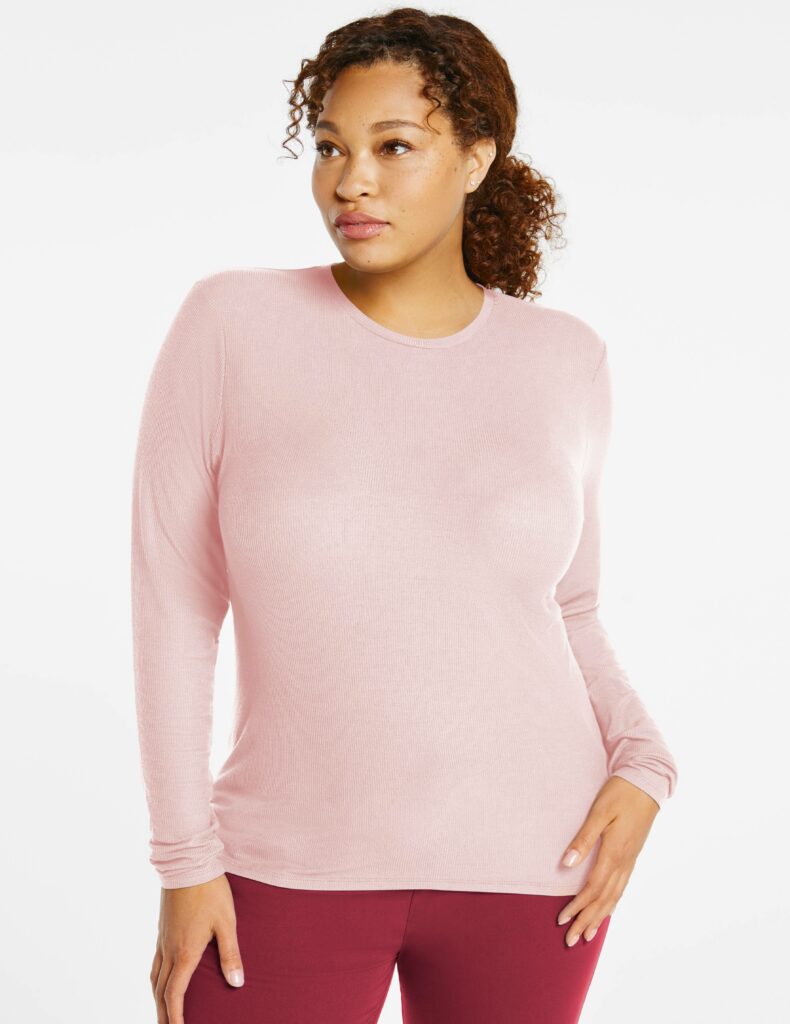
Ten Jobs That Require Scrubs but No Degree
If you think scrubs are much more comfortable than the typical office attire, we’d say we have to agree. If you ask us, they are! Not only that, scrubs play a vital role in helping healthcare professionals do their jobs to the best of their ability safely, efficiently, confidently, and—dare we say—stylishly. But working in scrubs isn’t just for med school grads. Did you know some jobs in the medical field don’t require a degree?
Known as allied healthcare roles, these jobs often cover diagnostic, technical, and administrative tasks and don’t require providing direct patient care. But they still wear scrubs! After all, scrubs are designed to protect patients and staff members from pathogens, so it only makes sense for anyone working in a clinical environment to wear them, no matter the specifics of their job.
And on that note, can anyone wear scrubs? Actually, yes! You can work in roles both in and out of the realm of healthcare that doesn’t require a college-level (associate’s, bachelor’s, master’s, or doctorate) degree. Read on to learn which of these healthcare-adjacent roles might suit you (and suit you up in scrubs!).
Healthcare careers that don’t require a college degree
The healthcare industry is a huge landscape that houses professionals who don’t have a college degree but a high school diploma and a certification. If you’re looking for a role that helps you become familiar with the ins and outs of the medical field, you can work in one of the following capacities and even use them to supplement your resume while studying for another career, like nursing.
Medical scribe
Medical scribes work closely with doctors to document patient interactions and help patients fill out forms, which translates to the fact that they work in pathogen-prone environments. That’s where scrubs come in. A high-quality pair prevents this cross-contamination between healthcare professionals and patients.
Phlebotomist
Phlebotomists draw blood samples from patients, which means they’re in direct contact with bodily fluids. That requires them to wear scrubs to work, whether at hospitals, clinics, clinical labs, private doctor’s offices, or blood banks. It’s a great no-experience medical job for college students who want to gain experience in a clinical role and add some related work to their resume.
Medical coder
Medical coders are involved in the administrative work of assigning codes to diagnoses and procedures for billing purposes. While not all employers require medical coders to wear scrubs—especially employees who work remotely—having a set of loungewear scrubs on hand is always a great way to stay comfy while on the job.
Surgical technologist
Surgical technologists help surgeons and other healthcare providers during the preoperative, intraoperative, and postoperative periods, which is why hopefuls must earn a specialized certificate. Their tasks include sterilizing, managing surgical equipment, accompanying surgeons in the operating room, applying wound dressings, and making scrubs a must. Besides getting to sports performance workwear, this role comes with another perk, i.e., it’s one of the best-paying medical jobs that don’t require a degree. Surgical technologists earn an average salary of $73,000 per year.
Massage therapist
Massage therapists provide relaxing and therapeutic services that help clients diminish muscular pain, increase circulation and improve their sense of wellness. Scrubs are a popular choice of garment for these professionals, although they aren’t required. That’s because a premium pair of scrubs is as comfortable as a pair of yoga pants. Might we recommend our yoga-style scrub pants, which embody the best of both worlds?
Licensed practical nurse
Licensed practical nurses (LPNs) must complete a certificate program and pass the National Council Licensure Examination (NCLEX) before working with doctors and nurses to provide patient care and maintain medical records. Because of their work in a clinical setting, LPNs often wear scrubs, sometimes in a specific color to set them apart from other healthcare professionals.

Where should you wear scrubs?
Sometimes, scrubs are a part of a healthcare facility’s dress code. Other times, they’re absolutely essential to keeping medical professionals safe. Here are some roles that don’t require a college degree but a pair of scrubs.
Caregiver
Caregivers help their patients perform everyday tasks like grooming, eating and taking medication. These scrub-wearing professionals must first complete a training program and earn their certification.
Nursing assistant
Working under the supervision of registered nurses (RNs), certified nursing assistants (CNAs) help patients in clinical environments perform routine tasks like grooming and eating. They may also dress wounds and take vital signs. Given the nature of their work, CNAs also must wear scrubs.
Physical therapist assistant
Physical therapist assistants (PTAs) work alongside physical therapists to help patients heal from injuries and improve mobility. They have been providing physical therapy services wearing scrubs for many years, as they’re easy to clean and disinfect.
Veterinary technician
Vet techs examine animals and take blood samples and specimens. Because of their direct contact with pathogens, veterinary technicians are also best off wearing scrubs.
Always be prepared
While field knowledge may be the most important tool of your trade, there are a few others that you can’t do without. The right workwear is a priority for many healthcare professionals. This doesn’t only include scrubs but also extends to other items like compression leggings or socks, comfortable shoes, and other safety items, like facemasks and surgical caps.
Beyond workwear, medical workers often need other tools to perform their work like medical shears, stethoscopes, writing implements, a pen light—oh, and somewhere to store it all like a tote or a fanny-pack-style organizer.
Whether you opt for a specialization course or one that doesn’t require a degree, a neat pair of scrubs never hurts anyone. Our workwear will keep you safe and comfortable, not to mention looking good. As you advance in your career, come to us for content on your industry, certification programs, and degrees. Also, don’t miss our student discount; that’s our way of encouraging you to be the best medical professionals!